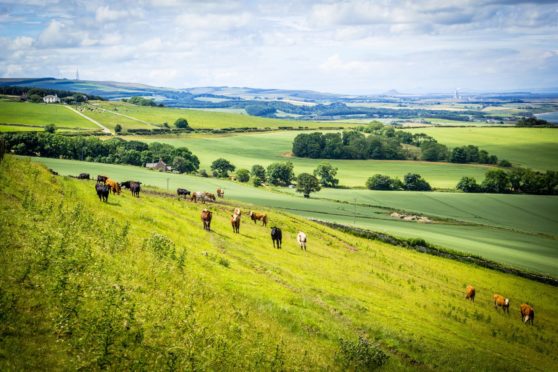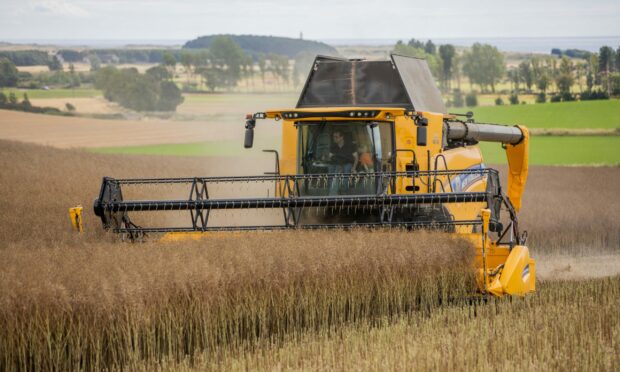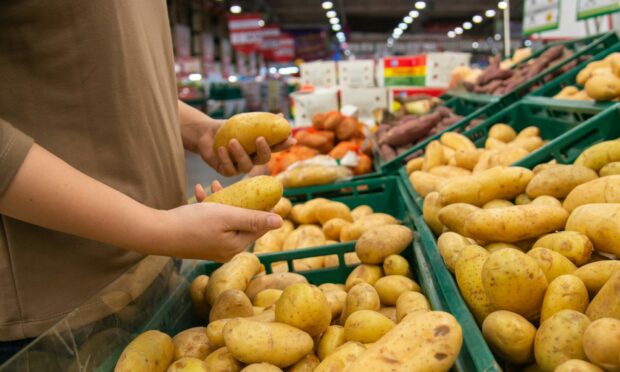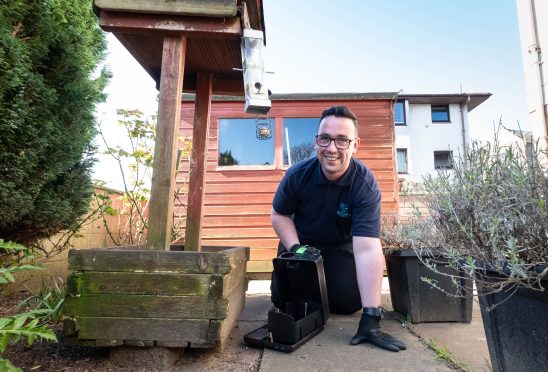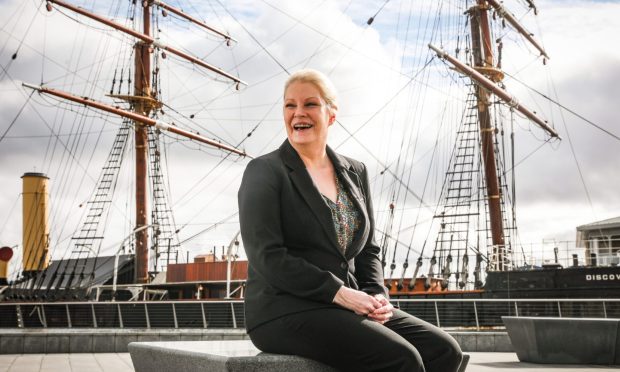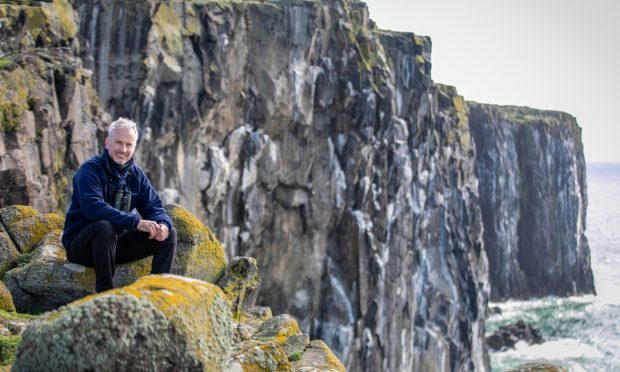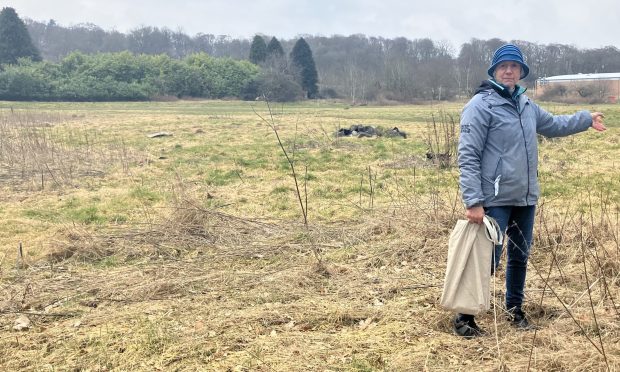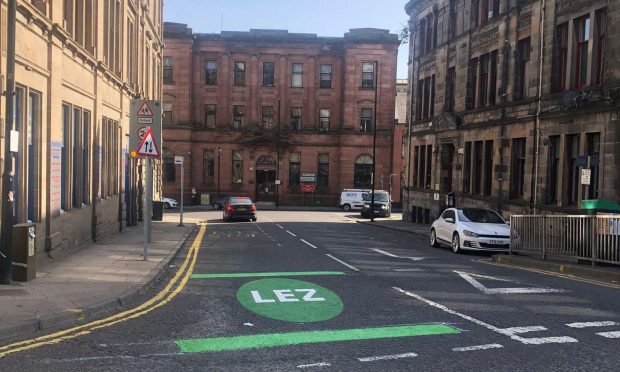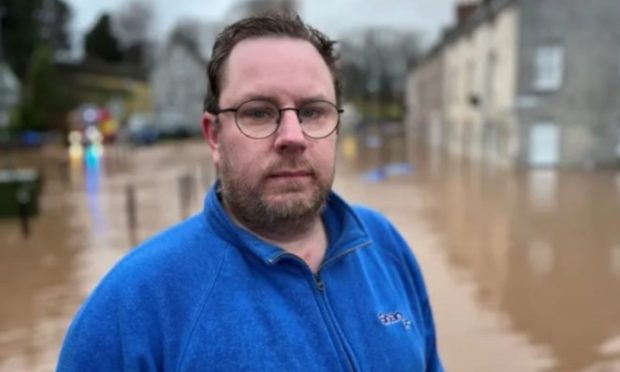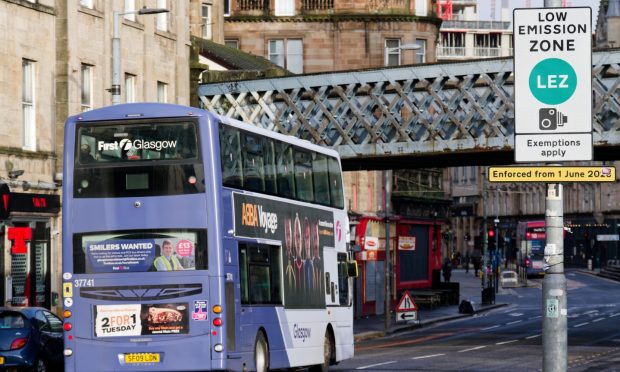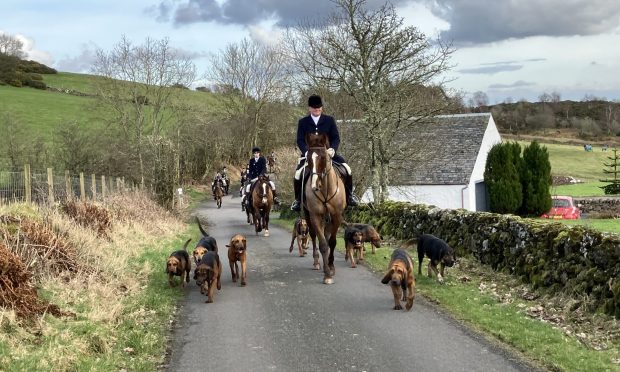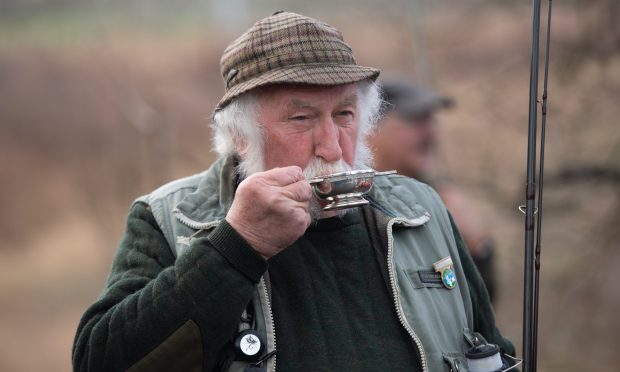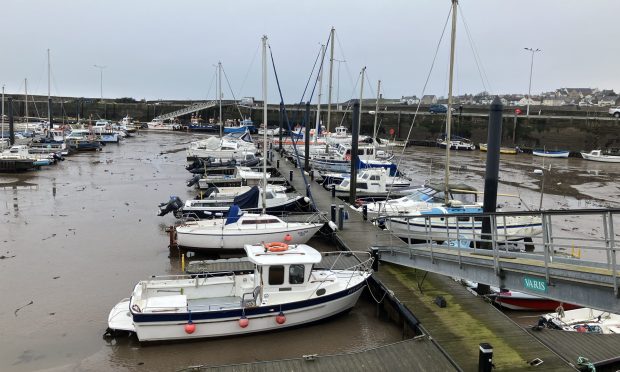For the past two years, a wide-ranging group of farmers, experts, practitioners and campaigners have been part of a major inquiry on how to help Scottish agriculture deliver against Scotland’s climate change commitments.
The Farming for 1.5 Degrees inquiry – www.farming1point5.org – has taken evidence from experts from across the UK and further afield, to develop a plan of how farmers and land managers can achieve net-zero, and aid wider Scottish society in meeting its climate targets.
It also aims to identify how Government and others can help this vital sector to deliver.
Scotland will not and cannot deliver against its net-zero targets without the full engagement of the agricultural and land use sectors, and so it is vital that farmers and the agricultural industry as a whole get behind the national targets, and are encouraged and assisted in any way necessary to achieve their own net-zero.
Climate change and biodiversity loss are both urgent issues, and so the sooner we can see a more consistent and holistic approach the better.
Many of the findings of the inquiry’s report will most likely help to set a pathway for the industry and, importantly, for government in support of the industry after 2024.
However, it is critical that as many actions as possible are accelerated as soon as possible.
Baseline studies need to be completed, demonstration projects need to be established, and efforts need to be made in the immediate future to build good examples, test good practice, trial new ideas, and increase the profile and regard of key individuals and organisations in tackling these vital issues.
These targets are challenging but necessary, and it is essential the industry responds positively, not just for the future of sustainable agriculture, but for all of our futures.
The agricultural sector has not shown any significant reductions in emissions over the last decade, and has resisted some calls to change, hampered at least in part by an overly one-dimensional discussion about meat.
But I sense that this has shifted.
The appetite for, and the understanding of the need for, change are the highest they have ever been in the industry, and there is a real opportunity going forwards for farmers to be seen as champions of climate change, and not as the perpetrators or simply unwilling victims of it.
Much needs to change, but not all of that change is in the hands, or gift, of our farmers.
Subsidies need to shift. How we measure emissions needs to be fairer. And what supermarkets demand and public procurement favours will need to adapt.
We need to have an honest conversation about imported food and what we can grow domestically, and when it is best to do so. We need to see efforts in soil restoration and organics. Less nitrogen use and wastage. More agroforestry. More celebration of good example.
And farmers should be helped to lock up carbon through land-use change and changing practices.
Farming is responsible for around 18% of Scotland’s emissions.
Scotland and the UK cannot achieve their climate targets without the active engagement of the farming sector, due to the sequestration potential of Scotland’s land area.
We all have a part to play. And we need to get it right because, more than most other sectors, farming has a critical role.
Done well, the industry could actually go beyond net-zero and become carbon positive. And only if it does are we likely to reach our national climate targets.
We hope the inquiry findings will help set out how this critical sector can thrive and develop, and help build the sustainable future we all want and need.
- Mike Robinson is chief executive of the Royal Scottish Geographical Society and co-chairman of the Farming For 1.5 Degrees inquiry.
